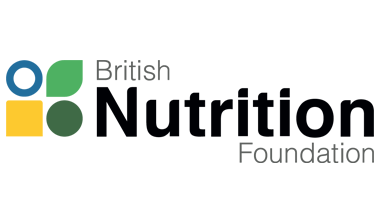Sugar
British Nutrition Foundation
We aim to give people access to reliable science-based information to support anyone on their journey towards a healthy, sustainable diet. In this section you can read about sugar in the diet, the foods that are a source of sugar and how they affect our health.
Quick facts on sugar
- Sugar is a type of carbohydrate. There are different types of sugar including ‘table sugar’ (sucrose), fructose (found in fruit) and lactose (found in milk).
- Sugars provides 4kcal (calories) per gram (a calorie measures the amount of energy in a food or drink).
- Sugars can be divided into ‘free’ and ‘intrinsic’ sugars.
- Intrinsic sugars are those found naturally in dairy foods like milk or yogurt or in fresh, cooked, or dried fruit and vegetables. We do not need to cut down on these kinds of sugars.
- Free sugars include all added sugars in foods and drinks and the sugars present in honey, syrups, fruit juices, smoothies, and fruit juice concentrates.
- Consuming too much free sugars is linked with tooth decay and with consuming more calories than we need, which can lead to weight gain.
- Most people are consuming more free sugars than is recommended. It is a good idea for our health to try to reduce our intake of free sugars as part of a varied, balanced diet.
- We are recommended to limit the amount of free sugars we consume to no more than 5% of our daily calorie intake – this is about 30g or 7 sugar cubes for people aged 11 years and over.
- The main sources of free sugars in our diet are sweet foods like biscuits, cakes, chocolate and sweets, sugar and preserves and sugary drinks.
- The UK Government has taken some action to try to reduce our intakes of free sugars including a tax on sugary drinks and work with the food industry to reduce the sugar content of sweet foods.



































































